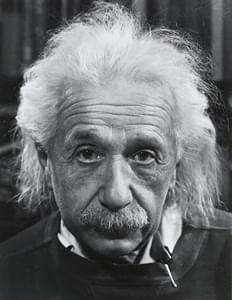
Elon Musk
IQ: 160 ± 6
Learn More...

Bill Gates
IQ: 157 ± 6
Learn More...

Patrick Dempsey
IQ: 105
Learn More...

Albert Einstein
IQ: 160
Learn More...

Isaac Newton
IQ: 130
Learn More...

J. Robert Oppenheimer
IQ: 135
Learn More...

Ippei Mizuhara
IQ: 119 ± 6
Learn More...

Steve Jobs
IQ: 140 ± 9
Learn More...

Scarlett Johansson
IQ: 113 ± 6
Learn More...

Peyton Manning
IQ: 106 ± 5
Learn More...

Josh Dobbs
IQ: 135 ± 5
Learn More...

Magnus Carlsen
IQ: 176 (if smartest) / 163 (if top 10 smartest)
Learn More...

Charles Manson
IQ: 121
Learn More...

MrBeast
IQ: 111 ± 6
Learn More...

Courtney Cox
IQ: 118 ± 18
Learn More...

Kobe Bryant
IQ: 113 ± 18
Learn More...

Janeane Garofalo
IQ: 104 ± 18
Learn More...

Howard Stern
IQ: 99 ± 18
Learn More...